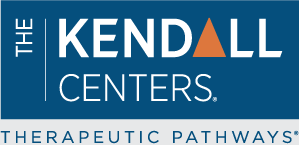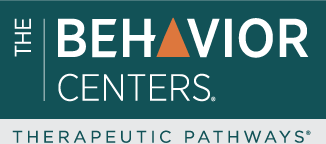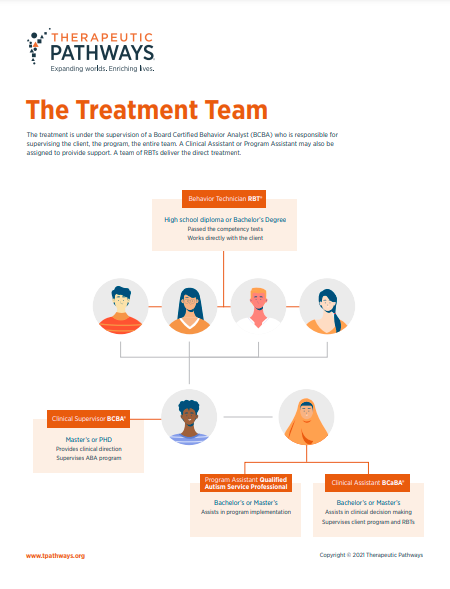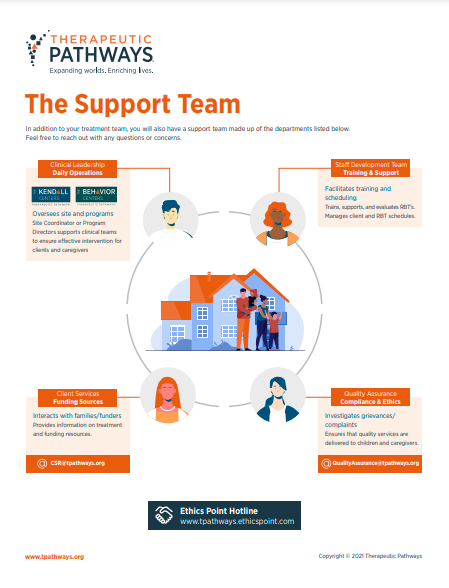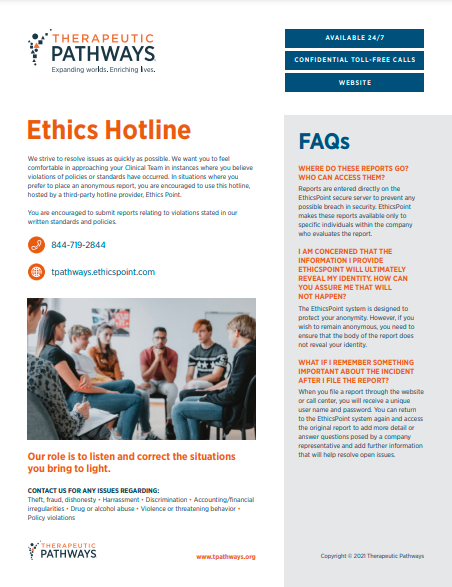Evidence-Based Treatment Helps Children Achieve Important Milestones.
After your child receives an autism diagnosis, the treatment choices you make will influence their social, emotional, and psychological functioning. The earlier intervention begins, the more therapy will help.
Not sure where to start? Click the button below to discover which treatment plan may benefit your child.
California Centers for Autism Treatment
Each of the six Kendall Centers offers intensive behavior and language therapy for individuals with autism. Ages 0-18.
Our two Behavior Centers in California offer prevention and treatment plans for ASD and non-ASD individuals with severe behavior disorders. Ages 6-36.
Multiple Locations, Flexible Treatment Options
We aim to provide treatment across all settings, and we understand that life gets hectic. That’s why we’re pleased to offer in-home and telehealth therapy in addition to traditional in-center services.


Our Mission as a California Evidence-Based Autism Treatment Center
Our mission is to help clients break free from the restrictions and expectations that they are faced with every day. We strive to improve every client’s quality of life and to help them learn the skills they need to live fulfilling, independent lives.
You are not alone on this journey; let Therapeutic Pathways help your child achieve their dreams.

What is evidence-based treatment?
Evidence-based treatment is a procedure or method that has been studied carefully in a controlled setting, the results of which are considered effective based on scientific evidence. Evidence-based treatment allows our behavior analysts to make decisions based on each client’s individual needs, not the entire population of clients in our care.
Unlike the dozens of untested, unscientific “treatment” methods we see today, evidence-based treatments such as Applied Behavior Analysis (ABA) therapy rely on empirical data and skilled clinicians. These treatments improve quality of care, client outcomes, and transparency, all of which are crucial components in effective California evidence-based autism treatment plans.
We encourage parents to enroll their children as soon as possible. Evidence suggests that early intervention is the surest way to help children with autism function within the normal range.
Data shows that children exposed to treatment from an early age are more likely to develop critical skills and reach normal functioning by school age and independent functioning in adolescence and adulthood.
Please visit our Resources page for more information on Therapeutic Pathways’ evidence-based treatment plans.
Evidence-Based vs. Evidence-Informed vs. Research-Based
As you’re researching autism treatment centers in California, you’ll probably run across the terms “evidence-informed” and “research-based.” These terms may look similar to “evidence-based,” but they are very different.
Unlike an evidence-based practice, an evidence-informed practice (EIP) typically pertains to a wider scope or audience, such as a facility or company-wide program. For example, the World Health Organization (WHO) uses EIP for policy making.
Research-based is a bit different from evidence-based and evidence-informed practices. Only certain parts of research-based methods have been studied in a controlled setting. So although research-based and evidence-informed practices are developed alongside some scientific research, evidence-based methods remain the most relevant and analytical.
What Sets Therapeutic Pathways Apart
Treatment doesn’t end at the center. Our mission is to provide comprehensive care, and that means providing support and training to parents, teachers, and caregivers in a variety of settings.
Not every California evidence-based autism treatment center takes the same approach, but we believe collaborative partnerships are crucial to help children achieve meaningful, long-lasting outcomes.
Our clinical staff prepares caregiver goals, which are based on the child’s individualized needs and included in all treatment plans. Caregivers meet with clinical staff at least once a month and are kept up-to-date on all active goals in their child’s treatment. We provide caregivers with activities and mini training sessions to support their child’s active treatment targets at home and in the community.
At Therapeutic Pathways, our goal is to make every client and family member feel supported and appreciated. We work hard to improve our clients’ quality and enjoyment of life, and we expect parents and families to work hard with us.
Parent Resources

Our
Core
Values

Data Driven

Family
Centered

Compassionate
Care

Investing in
Each Employee

Therapeutic Pathways Leadership Team
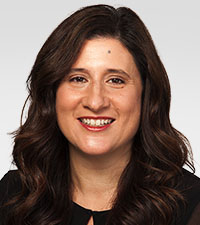
M.S., BCBA
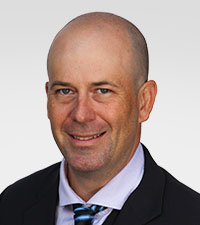
M.A., BCBA
 Listen to Our Podcast
Listen to Our Podcast

